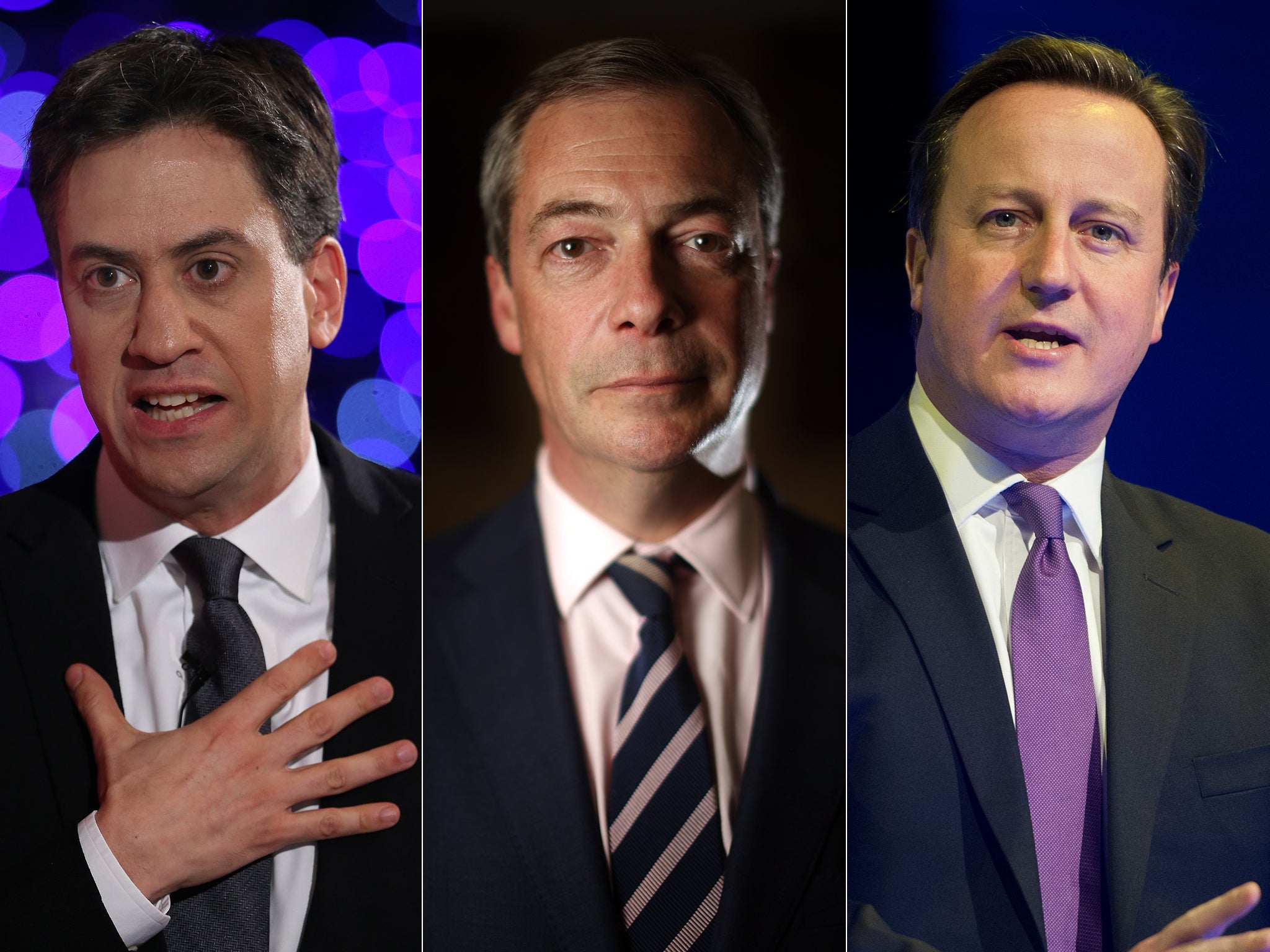Students are engaged in politics - but the system doesn't let them show it

Your support helps us to tell the story
From reproductive rights to climate change to Big Tech, The Independent is on the ground when the story is developing. Whether it's investigating the financials of Elon Musk's pro-Trump PAC or producing our latest documentary, 'The A Word', which shines a light on the American women fighting for reproductive rights, we know how important it is to parse out the facts from the messaging.
At such a critical moment in US history, we need reporters on the ground. Your donation allows us to keep sending journalists to speak to both sides of the story.
The Independent is trusted by Americans across the entire political spectrum. And unlike many other quality news outlets, we choose not to lock Americans out of our reporting and analysis with paywalls. We believe quality journalism should be available to everyone, paid for by those who can afford it.
Your support makes all the difference.For a while now it’s been clear that politics is simply about winning the next election. Politicians are in a desperate scramble to win over the electorate, and unfortunately (for young people at least) the majority of eligible voters who can be counted on to vote are the older generations.
Therefore it comes as no surprise that young people are being pushed to the bottom of the political agenda. Given that the estimated turnout of young people at the last general election was only 51.8 per cent, it has become very easy for politicians to dismiss them and instead direct their policies towards the older generations who are certain to vote. This has resulted in a vicious cycle of young people feeling disengaged with politics having their doubts confirmed by politicians who do not have their best interests at heart.
Young people are by no means apathetic. Universities have traditionally been a hotbed of social activism and change, and you just have to take a look down the list of clubs and societies at UK universities today to know that this is still the case. The recent protests against student fees prove this. Students are unhappy, students are angry, and students want change. But when one of the parties in power is elected on a manifesto that promises to scrap tuition fees and instead all that happens is an increase in said fees, it’s no wonder that some see no point in voting.
The Scottish Referendum is proof that when young people see that their voice is listened to, and that they can make a difference, they get fully behind a vote. At a time where people truly believed that their vote would matter, nine out of 10 said that they would certainly vote. And the legacy from this is still being felt – young Scottish people are more informed and more engaged than ever before. SNP Students have seen a tenfold increase in their membership since the referendum, and now currently have 5,415 members at universities and colleges across Scotland. Walk anywhere in Glasgow and you’ll see it - at a recent heavy metal gig, I heard two young guys stood outside the doors discussing what the appointment of Nicola Sturgeon as First Minister means for Scotland.
This increase in engagement is evident across the whole of the UK as well, and is reflected in the gradual move away from mainstream parties. A two-party system – for that’s what Westminster was until very recently – doesn’t particularly inspire engagement. A 50-year-old who has voted Labour their entire life because it’s the only alternative to the Tories is arguably just as disengaged as someone who chooses not to vote because they don’t agree with either party.
But the last general election proved that British politics was shifting – ever so slowly – away from this. The Greens have seen a 12 per cent rise in support since January, and support from the 18-24 age group has almost trebled. While the Lib Dem’s term in government could be described as somewhat disastrous to their support around the country, it did show that we no longer have to simply choose between a fully Conservative or Labour government.
If young people harness this shift in politics and turn out in full force to vote in next year’s general election, they would have the power to change who sits in parliament next year. There are just under 200 seats across the country where the current MP has a majority of 10 per cent or less. Official Census data shows that in all but six of these seats there is a larger number of students living there than the swing required. Add to this the fact that some of these seats are Cabinet and ministerial, and you can see that students are actually in a very good position to make the changes they are campaigning for.
Given how frantically politicians seem to want to please the electorate, maybe they should bear in mind these statistics. Smaller parties such as the Greens and the SNP have proven that young people are engaged – they’re just looking outside the mainstream parties for someone to represent them.
Join our commenting forum
Join thought-provoking conversations, follow other Independent readers and see their replies
Comments